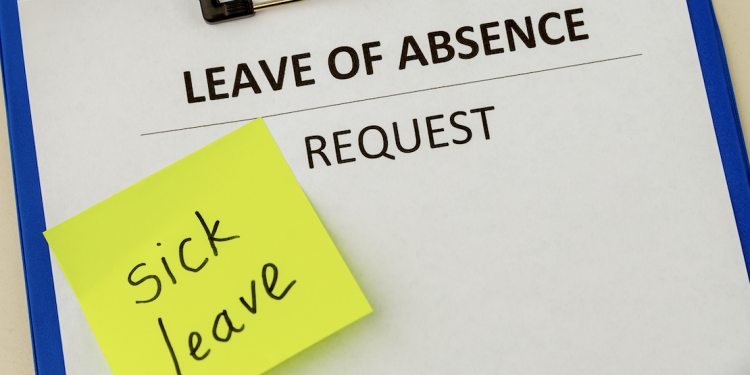Unhappy employees take nine more sick days a year on average than their more content colleagues according to new research.
The Unum-sponsored survey — of more than 4,000 employees in the UK — found a link between workplace happiness and the prevalence of absenteeism.
The data showed unhappy employees take almost three times as many sick days in total, being absent for around 14 days a year on average, compared to just 5 days a year for those who classified themselves as happy at work.
The survey, which was conducted by WPI Economic, suggested that while most people are absent due to minor illnesses, such as the common cold and stomach bugs, these sick days should not be viewed in isolation but may be an indicator of broader issues with employees’ health and happiness and the wider culture of wellbeing in the workplace.
The survey is published as data suggests the first Monday in February is statistically the most popular day for employees to call in sick. This survey comes as data suggests the number of employees taking sick leave is rising.
Employees with good physical and mental wellbeing are nearly 2.5 times more likely to be happy at work than those with poor physical and mental health, underlining the importance for employers to actively support their workforce’s wellbeing.
Compared to those without any health and wellbeing support provided by their employer, employees with access to a comprehensive package of support are:
- 35 per cent more likely to report being happy at work;
- 34 per cent less likely to say that they are currently looking to for a job with a different employer; and
- 33 per cent less likely to report that they have poor mental or physical health.
Unum UK HR director Jane Hulme says: “Almost three in five employees (58 per cent) say they would take less time off work and/or be more productive if their employer enhanced the health and wellbeing services available to them.
“Lost productivity due to workplace unhappiness and poor employee health and wellbeing costs the economy around £11bn annually, and this doesn’t even include costs associated with recruitment for employees leaving to seek work elsewhere.
“Ultimately, an investment in employee benefits supports healthy, happy workers and brings benefits to the business in terms of increased productivity and higher employee retention. With surveyed employees agreeing that their health and happiness is key to their workplace productivity, employers with the means to provide their staff with highly-valued benefits will likely reap the rewards.”





